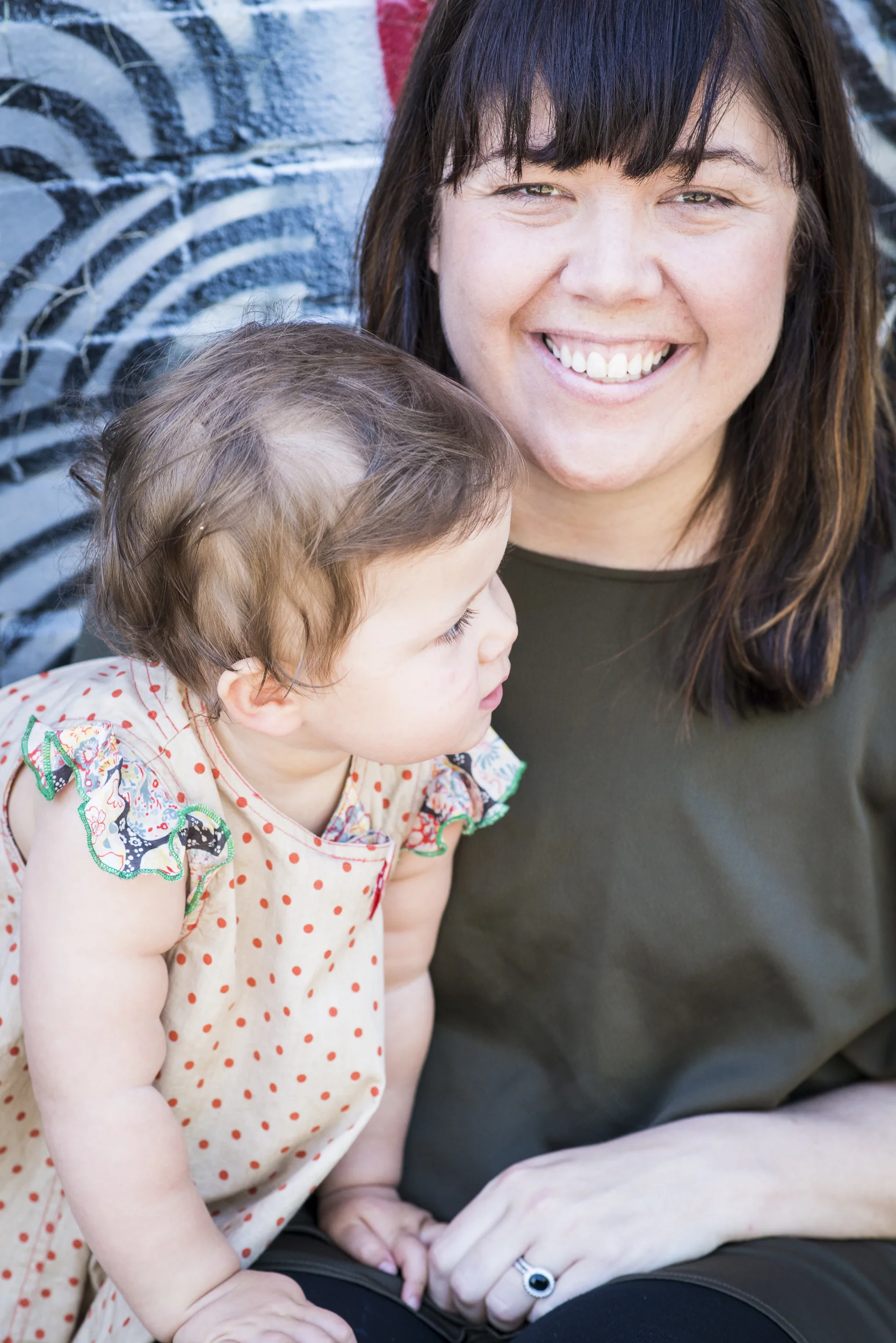How Rhonda trusted her gut and reshaped her career in communications
''I used to feel embarrassed when people giggled about all the different jobs and contracts I've had. Then I realised that was ridiculous. I needed to own who I am… now I'm OK with being someone who likes variety and change; in fact, I see this as a strength.''
Photo credit: Nicola Bailey
What sparked your career change?
I chose my career in communications in high school, and I still love it. But recently, the way I was using my skills and experience just didn't sit right. Although I thrive on change and flexibility, I kept choosing jobs because they sounded pretty good and were what I had always done. Then I woke up to myself, and something shifted.
Friends, colleagues, and family have always questioned why I didn't just stick with a 9 to 5 job, year in year out. My love of project work or one-off freelance jobs mystified them. I needed someone objective to help me work through ''being OK'' with reshaping the way I worked and with not conforming to other's expectations. Jo was that someone.
What work were you doing previously?
I've always worked in communications. For ten years, I've specialised in developing digital content for the not-for-profit sector. I've loved working for many wonderful charities and social enterprises.
What are you doing now?
After leaving my full-time permanent role with a charity, I freelanced successfully for a year. I did all sorts of communications projects that came through the network I had developed over 17 years.
I recently found a better balance by combining a permanent part time role with freelancing and volunteering for projects I really want to work on.
My part-time job is perfect for me. It's a mix of communications and Corporate Social Responsibility (CSR). It gives me a stable income and the variety I need. I was keen to pursue the CSR side of the community sector. As this is a new role for my employer, I can develop communications and community programs from scratch.
This job also gives an ideal work/life balance where I get to pick up my kids from school and go to yoga classes in the middle of the day.
Furthermore, I can give an enthusiastic ''yes!'' to freelance projects or volunteering gigs important to me. I recently joined the board of a small not-for-profit called Fix it Sisters and the P&C at my son's school.
Why did you change?
Jo's coaching sessions helped me clarify my motivators (the inner drivers behind what I do). She gave me the confidence to accept and own what drives me and makes me happy in my career. This reshaped my thinking about taking on future contracts, freelance projects, or another permanent role.
I used to feel embarrassed when people giggled about all the different jobs and contracts I've had. Then I realised that was ridiculous. I needed to own who I am. I've had a full and amazing communications career, working for loads of exciting organisations and building a far-reaching professional network. Now I'm OK with being someone who likes variety and change; in fact, I see this as a strength.
What shifted in your thinking?
I thought long and hard about why I was stuck in a cycle of leaving permanent jobs for a series of short-term contracts. I used to see this pattern as a failure, but my thinking changed due to career coaching. I needed to clarify and accept that I thrive on flexible and fulfilling work, where I can make my mark and be autonomous.
What was the hardest part of changing careers?
I decided to dedicate a year to freelancing. I'd done short bursts previously, and this time I was ready for anything and felt confident about it. I had done the hard work and was at a point where I just needed to start making the change and being OK with what I wanted.
I can honestly say that at least 80% of my freelance jobs met my motivators. But as a freelancer, you're constantly hustling, and I found not having a steady income challenging. I completed my year and was successful overall. I then decided to pursue a part-time role to give me financial stability and time and space to pursue other projects and interests.
It's been challenging to find a suitable part-time role. But after persisting and being very selective, I've ended up with the right one.
What help did you get?
Jo was my main support, and I joined various online groups for freelancers. I also bounced career ideas off my network, friends, and family and sought their feedback.
Are you happy with the change?
Yes. I'm happy to be meeting my motivators and have the variety and flexibility I need. I’m also contributing more to the community, and my children see me more. My husband and I have finally reached our goal of both working flexibly. It's a balance we love.
What 3 tips would you give others in the same situation?
Reach out to people in your network to determine how they might support your transition.
Don't let others set your path – back yourself to know what's right for you.
If you want to transition into the not-for-profit sector, there are many different opportunities. Think outside the square and talk to people already working there.
One more! Stay happy and positive - it will all work out!
Jo Green is a Career Change Coach. Get in touch if you want to talk to Jo about how she can help you to change career.











